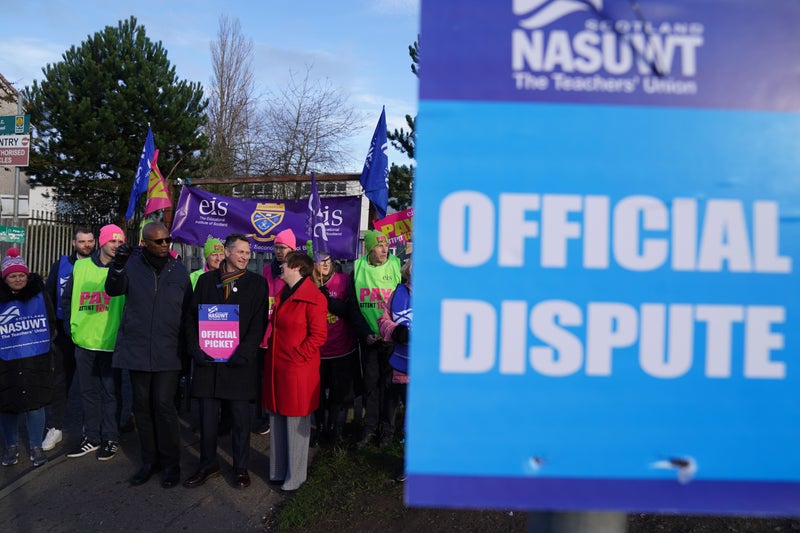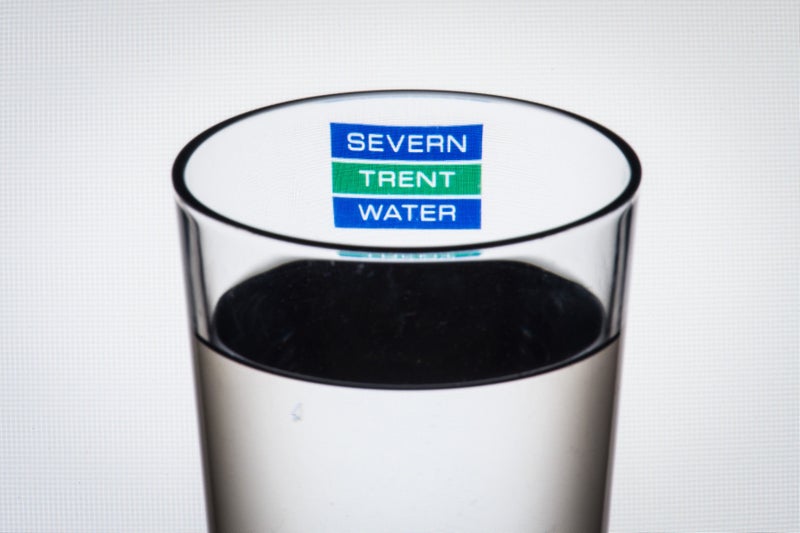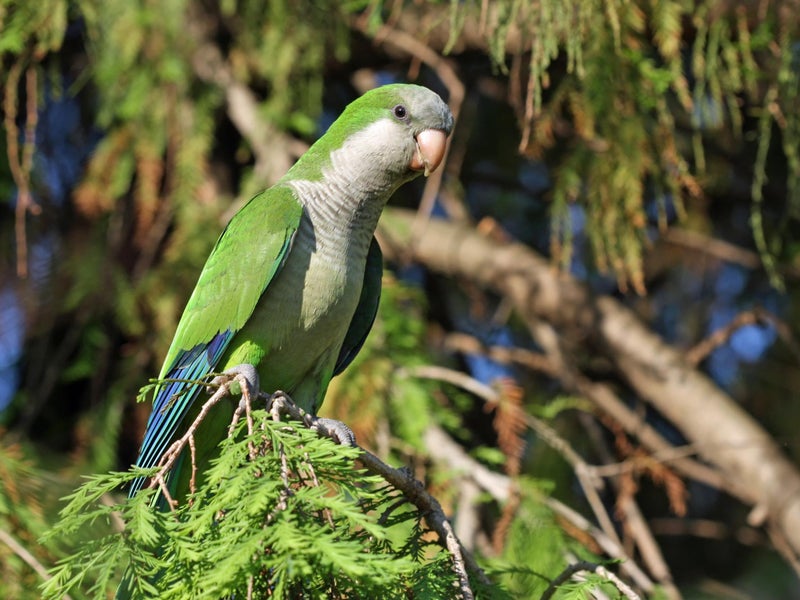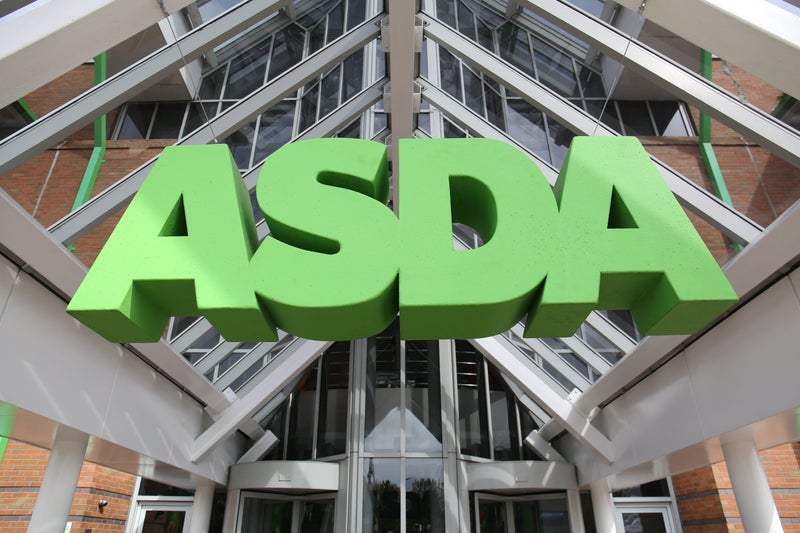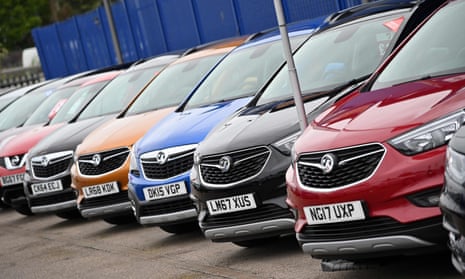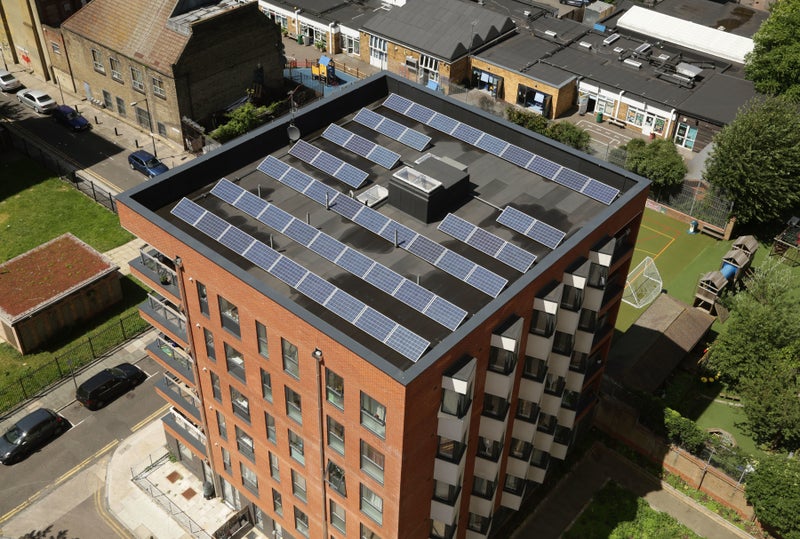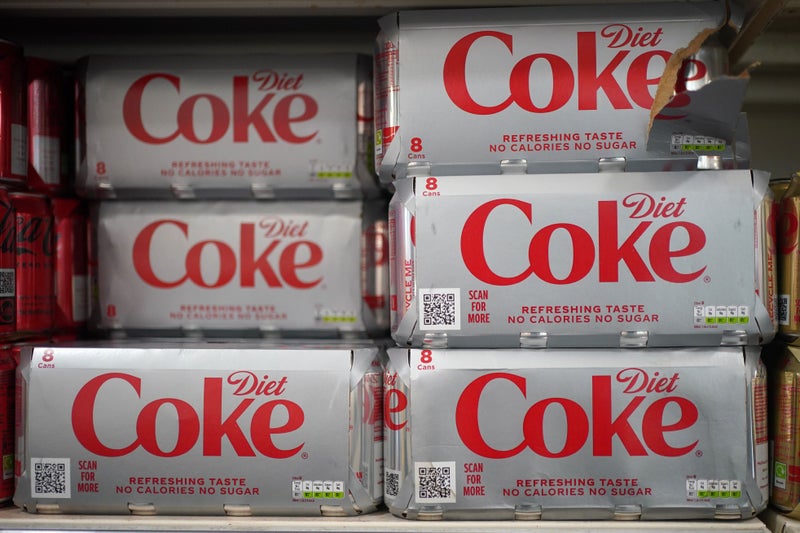Following last week’s US-Russia talks, the mood in Moscow suggests many are beginning to think about what a post-war reality might look like. After three years of war and western isolation, Russians are starting to hope that the recent flurry of US-Russia diplomacy could offer a path to peace in Ukraine – and restore the sense of normality lost when their leader sent tanks across the Ukrainian border.
![[Pjotr Sauer]](https://i.guim.co.uk/img/uploads/2024/08/02/Pjotr_Sauer_.png?width=75&dpr=1&s=none&crop=none)
Last Tuesday’s US-Russia talks in Saudi Arabia have sent the country’s propagandists and political establishment into euphoria, celebrating what they see as a real chance of achieving Russia’s goals in the war at the expense of Ukraine and its European allies, which have been sidelined from discussing the future of the invaded country.
![[A mother and child ride a carousel in Moscow’s Red Square]](https://i.guim.co.uk/img/media/e71db0fadf1379656f4d5f7260ac338ed32d3865/0_0_6345_4230/master/6345.jpg?width=445&dpr=1&s=none&crop=none)
For many Russians, however, geopolitics takes a back seat to ending the war that has claimed tens of thousands of lives – and returning to the life they had before it began. “There will be universal joy – not because Russia defeated anyone, but because the war has stopped,” said Ekaterina Schulmann, a Russian sociologist based in Berlin.
![[Mariupol three years after the Russian invasion of Ukraine]](https://i.guim.co.uk/img/media/a6eb58b61b96b2357cb5d4e4ff8f243a5c0e2d32/0_0_6000_3600/master/6000.jpg?width=445&dpr=1&s=none&crop=none)
Polls indicate that support for Russia’s full-scale invasion of Ukraine remains consistently strong. Yet they also show that many Russians – especially in major cities like Moscow and St Petersburg – appear to yearn for the pre-war days when they could easily fly to Europe or browse the aisles of Zara.
![[President Volodymyr Zelenskyy insists his country will not accept unjust terms]](https://i.guim.co.uk/img/media/ecdc8db53d9f52ff4b51e17aade2744e5552b042/0_109_7630_4578/master/7630.jpg?width=445&dpr=1&s=none&crop=none)
A recent survey by the independent Levada Center in Moscow found that 61% of Russians favoured peace talks over continuing the war – a record high since the question was first asked in the early days of the conflict. If there was one clear takeaway from the high-level meetings in Riyadh, it was that the US, under the transactional leadership of President Donald Trump, was eager to revive economic ties with Russia.
His secretary of state, Marco Rubio, said the end to the war would be “the key that unlocks the door” for “potentially historic economic partnerships”. Crucially, he suggested that the US could drop sanctions against Russia as part of a peace deal.
Russian media and commentators seized on Rubio’s words, fuelling a wave of speculation that western giants – from Nike to Apple – were rushing to reopen stores in the country. For now, these discussions remain purely theoretical. A viable path to peace is still elusive, with Ukraine’s leader, Volodymyr Zelenskyy, insisting that his country will not accept unjust terms. Meanwhile, European leaders have rejected the idea of lifting sanctions on Russia, and there is no indication that western companies are preparing to return.
Yet the mood in Moscow suggests that many are beginning to think about what a post-war reality might look like. The exodus of western brands following Russia’s full-scale invasion – from McDonald’s and Ikea to Chanel – has transformed the face of its cities across the country.
What was once a landscape of global retail giants has been replaced by Russian stand-ins, with shopping malls now dominated by local imitations of long-familiar western names. As talks progress at a blistering speed, officials in Moscow appear to be still unsure whether to welcome western companies back with open arms. On one hand, for many within the Kremlin’s establishment, the return of western businesses – paired with a peace deal that favours Moscow – would signal that Russia had ultimately been reintegrated into the international fold, despite having launched the largest war in Europe since the second world war. “If western firms return, it would mean that money has trumped all their talk of so-called liberal values. They promised we would be a pariah for invading Ukraine, but in reality, everyone just chases profits,” one well-connected Russian business in Moscow told the Observer.
Sign up to Observed. Analysis and opinion on the week's news and culture brought to you by the best Observer writers. after newsletter promotion. Dmitry Peskov, Putin’s longtime spokesperson, acknowledged last week the discussions about the return of foreign businesses, stating: “Of course, they will be able to return to Moscow and resume competition with Russian manufacturers.”.
Other officials echoed his statements. Anatoly Aksakov, a Russian politician, expressed confidence that major financial firms like Mastercard and Visa would seek to re-enter the Russian market. “Of course, they want to return so they can profit from it,” he said.
But there was also pushback from Russia’s influential pro-war nationalist voices, who have embraced the country’s path of isolation. Some argue that allowing European and US brands to return would threaten the profits made by their Russian substitutes, which have dominated since the exodus of western competition.
Others warned that western firms would reintroduce liberal values that clash with Russia’s ultra-conservative wartime ideology. “What to do with these traitors and how to handle them should and will be decided by professionals across all branches of power,I am confident that domestic companies will be guaranteed that they will not be traded for French rags and Italian slippers,” Maria Zakharova, Russia’s foreign ministry spokesperson wrote on Telegram. “Our manufacturers must know their contribution to the Special Military Operation will not be betrayed,” she added, using Russia’s official term for war in Ukraine.












